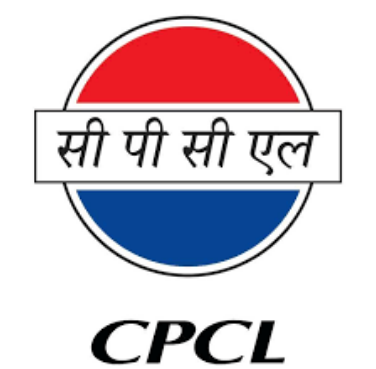Context:
The National Green Tribunal (NGT) fined Chennai Petroleum Corporation Ltd (CPCL) ₹5 crore for oil spill that occurred in March 2023 in Pattinamacherry, off the Nagapattinam coast (Tamil Nadu).
Key Highlights:
- Cause Of Oil Spill: The leak was caused by a crack in a nine-kilometer undersea pipeline at CPCL’s Cauvery Basin Refinery in Nagapattinam, which is used to transport crude oil to cargo ships at Karaikal Port.
Strict Liability Applied: The NGT held CPCL liable for the incident despite the cause being an external force, citing the “no-fault liability” principle applicable to hazardous materials like crude oil. No-fault liability is a legal principle in which a party can be held responsible for damages or harm without the need to prove negligence or fault. This type of liability ensures that victims are compensated even if the responsible party did not act negligently or with intent to cause harm.
- No-fault liability is a legal principle in which a party can be held responsible for damages or harm without the need to prove negligence or fault. This type of liability ensures that victims are compensated even if the responsible party did not act negligently or with intent to cause harm.
- This principle is similar to the USA’s Comprehensive Environmental Response, Compensation and Liability Act (CERCLA).
Unaccounted Oil and Ongoing Liability: The NGT highlighted that CPCL failed to account for 1,200 liters of leaked oil.
- This raises concerns about the potential environmental impact and establishes CPCL’s ongoing liability for further investigation and remediation if necessary.
Impact of Oil Spill on Marine ecosystem
- Oil spill destroys the insulating ability of fur-bearing mammals, such as sea otters, and the water-repelling abilities of a bird’s feathers.
- Fish and shellfish that ingest oil may experience reproductive issues, altered growth rates, or death
- Mangroves, salt marshes, and seagrass beds can be smothered by oil, leading to loss of vegetation and habitat for numerous species.
- Oil can coat coral reefs, blocking sunlight and reducing photosynthesis, which is crucial for the survival of coral symbiotic algae (zooxanthellae). This can lead to coral bleaching and death.
- Commercial species like oysters, shrimp, mahi-mahi, grouper, swordfish, and tuna may suffer population declines or become too contaminated for consumption.
Solutions for Addressing Oil Spills

- Containment Booms: Floating barriers made from plastic, metal, or other materials are deployed to slow the spread of oil and contain it for cleanup.
- Chemical Dispersants: Applying dispersants to break down oil into smaller droplets, enhancing natural biodegradation.
- Restoration Projects: Implementing habitat restoration projects to rehabilitate affected ecosystems and support recovery of wildlife populations.
- Bioremediation: Specific bacteria such as Paraperlucidibaca, Zhongshania Cycloclasticus and Thalassolituus can be employed to clean up oil spills. These bacteria target and remove hydrocarbons and other contaminants present in oil and gasoline.
Initiatives to Prevent and Mitigate Oil Spills:
International Initiatives:
- International Maritime Organization (IMO): The IMO coordinates through its Global Initiative Projects such as Developing National Oil Spill Contingency Plans etc.
- MARPOL: Minimizes pollution from ships, including oil spills. It was adopted at the International Maritime Organization (IMO) in 1973.
- OPRC Convention: Enhances global cooperation and preparedness for oil spill response.
- Global Initiative (GI): Partnership with IPIECA to improve national oil spill contingency plans.
- OPRC Convention: Establishes measures for dealing with oil pollution incidents.
- ITOPF: Provides technical advice and assistance for marine spill response. Ensures compensation for oil pollution damage from maritime casualties.
- CLC Convention: Ensures compensation for oil pollution damage from maritime casualties.
- IOPC Funds: Provides compensation for oil pollution damage from tanker spills.
- International Convention on Civil Liability for Bunker Oil Pollution Damage, 2001 (Bunker Convention) establishes liability and compensation for oil spills from ships’ fuel tanks. India ratified this convention in 2015.
National Initiatives:
- National Oil Spill Disaster Contingency Plan (NOSDCP): Comprehensive plan for effective response to oil spill disasters.
- Coastal Regulation Zone (CRZ) Guidelines: Regulate coastal activities to minimize environmental damage.
- National Institute of Oceanography (NIO): Conducts research and provides scientific support for oil spill response.
- Indian Coast Guard (ICG): Enforces maritime laws and conducts oil spill response exercises.
- Indian Oil Spill Response Centre (IOSRC): Provides expertise and resources for oil spill cleanup.
- Oil Industry Safety Directorate (OISD): Sets safety standards for oil industry, including spill response.

